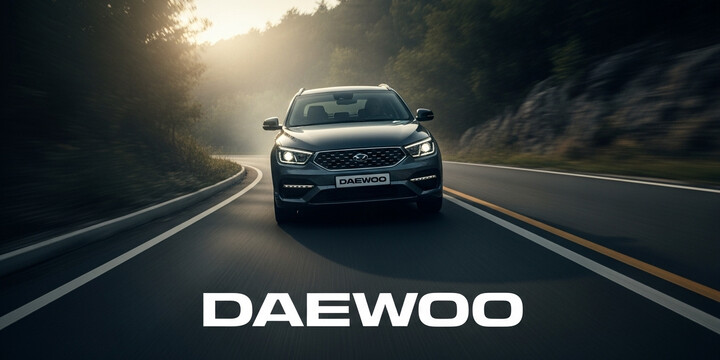DAEWOO KORANDO (1999-03)

Buyer's Guide & Data from our Checks
The DAEWOO KORANDO (1999-03) is a compact SUV that fits well into the family or leisure vehicle category. Known for its practicality and versatility, it’s suited for those who need a reliable car for everyday driving, outdoor adventures, or light off-road trips. In the UK market, it offers a more affordable alternative to other SUVs, making it appealing to budget-conscious buyers. The KORANDO’s design is straightforward, with a focus on space and comfort rather than luxury accents, but it is appreciated for its rugged build and functional features.
Data from mycarcheck.com reveals that the DAEWOO KORANDO (1999-03) has been checked a modest number of times, with six different VINs observed. The average recorded mileage is around 72,000 miles, and the typical ownership history involves about three previous owners. Its average private sale value is around £400, making it an accessible choice for first-time drivers or those seeking an affordable used SUV. The vehicle's simplicity and reliability are often highlighted, though it may not be as refined as some rivals.
Compared to newer or more popular SUVs, the DAEWOO KORANDO (1999-03) stands out as a practical, no-frills option. It’s noted for its robustness and ability to handle varied driving conditions, making it a sensible choice for budget-conscious families or outdoor enthusiasts. Its straightforward design and history of moderate ownership make it a dependable vehicle in its class, especially for those valuing practicality over luxury.
Key Findings
The following statistics are drawn from our checks of 6 different vehicles, run between May 16th 2021 and December 31st 2025. These real-world insights provide context for this vehicle's place in the market, as well as its typical usage.
7
Lookups
Lookups
0
Hidden Histories
Hidden Histories
79k
Average Mileage
Average Mileage
£400
Average Valuation
Average Valuation












